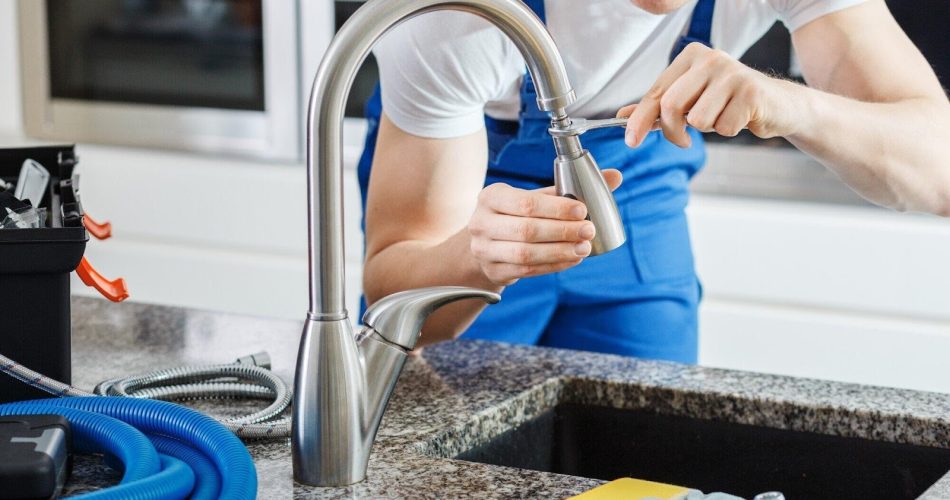A broken pipe is one of the worst surprises for any homeowner. Water can leak everywhere, causing damage to floors, walls, and furniture. On top of that, repairs can be expensive.
The good news? Many pipe problems can be prevented. By learning why pipes break and how to take care of your plumbing, you can protect your home and save money.
Common Reasons Why Pipes Break
Let’s take a closer look at some of the main reasons pipes break. Understanding these causes can help you avoid plumbing trouble in the future.
Freezing Temperatures
When it gets very cold, the water inside your pipes can freeze. As water turns to ice, it expands. This puts pressure on the pipe from the inside. If the pressure gets too high, the pipe will crack or burst. This is a common problem in the winter, especially if pipes are in unheated areas like basements or attics.
Old or Worn-Out Pipes
Pipes don’t last forever. Over time, they can rust, weaken, or become brittle. Older homes often have pipes made from materials that are more likely to wear down. If your home is over 30 years old, it’s a good idea to have a plumber check your pipes.
Tree Roots
Roots from trees and bushes can grow into underground pipes. They search for water and will squeeze through tiny cracks or joints in the pipe. Over time, roots can block or break the pipe completely.
High Water Pressure
Too much water pressure might seem like a good thing when taking a shower, but it can damage pipes over time. Constant high pressure puts stress on your plumbing system and may lead to bursts or leaks.
Clogs and Blockages
When things like hair, grease, or food build up in your pipes, they create blockages. These clogs can cause pressure to rise and may lead to pipe damage or slow drainage.
How to Protect Your Pipes
Now that you know why pipes break, let’s talk about how you can protect your home’s plumbing.
Insulate Your Pipes
In cold climates, cover exposed pipes with foam or special pipe insulation. This helps keep the water inside from freezing during the winter. Pay extra attention to pipes in garages, attics, and crawl spaces.
Check for Leaks Often
Look under sinks, behind toilets, and in basements for any signs of water. A small leak can grow into a bigger problem if left alone. Catching it early can save you time and money.
Be Careful What You Flush or Pour
Only flush toilet paper. Wipes, even the “flushable” kind, can clog your pipes. In the kitchen, don’t pour grease or oil down the drain. Let it cool, then throw it away in the trash.
Control Water Pressure
You can buy a water pressure gauge at a hardware store. Normal pressure is between 40 and 60 PSI. If it’s higher, ask a plumber to install a pressure-reducing valve.
Schedule Regular Plumbing Checks
Even if nothing seems wrong, it’s smart to have a professional check your plumbing once a year. A skilled plumber can spot problems early and help you avoid bigger repairs. If you live in Illinois, you can easily find plumbers near Orland, IL, who offer regular maintenance services.
Keep Your Plumbing Safe and Strong
Your home’s plumbing system works hard every day. With some simple steps, you can help prevent pipes from breaking and avoid costly water damage. Watch for signs of trouble, treat your pipes with care, and schedule regular checkups. If you need help, don’t wait.
Want more? Let us guide you through your next steps!
